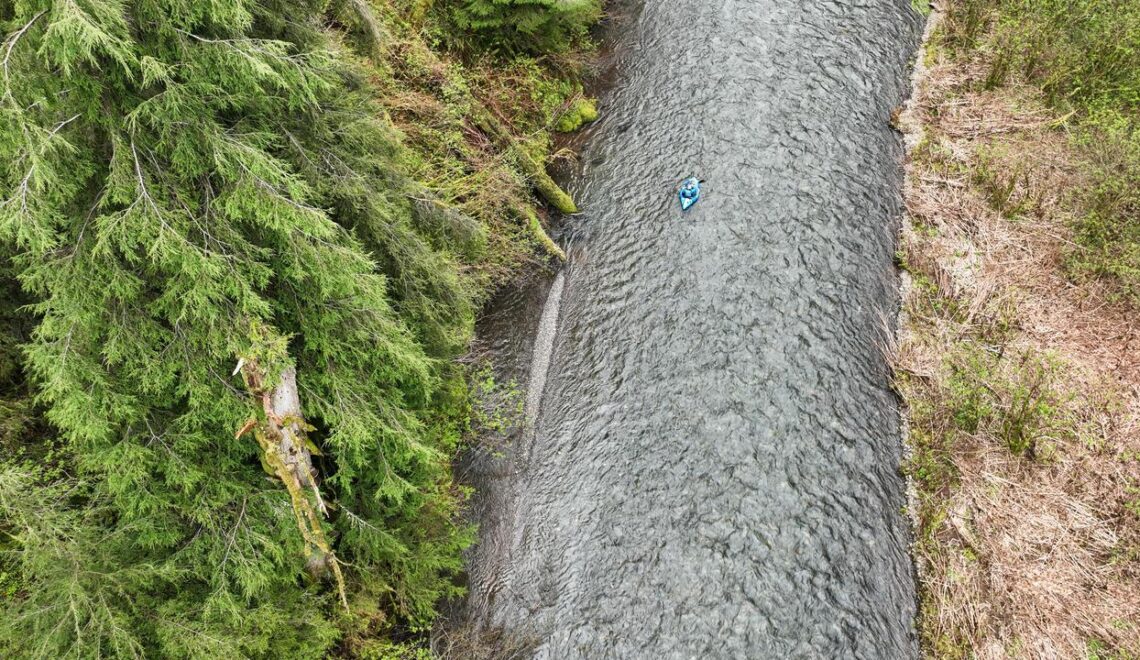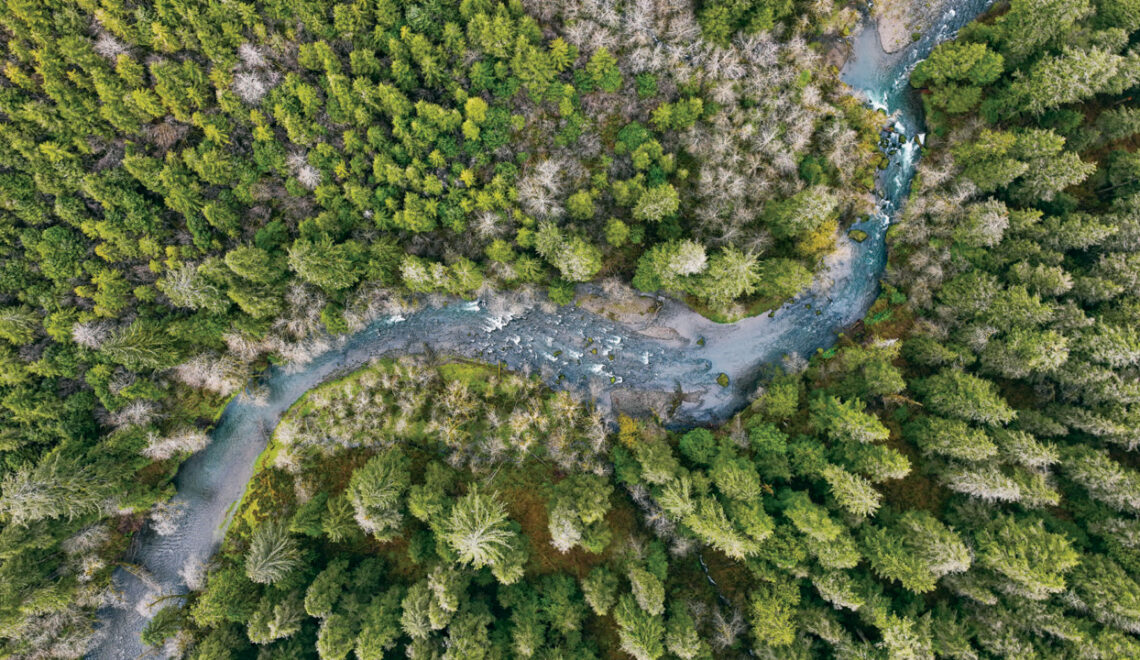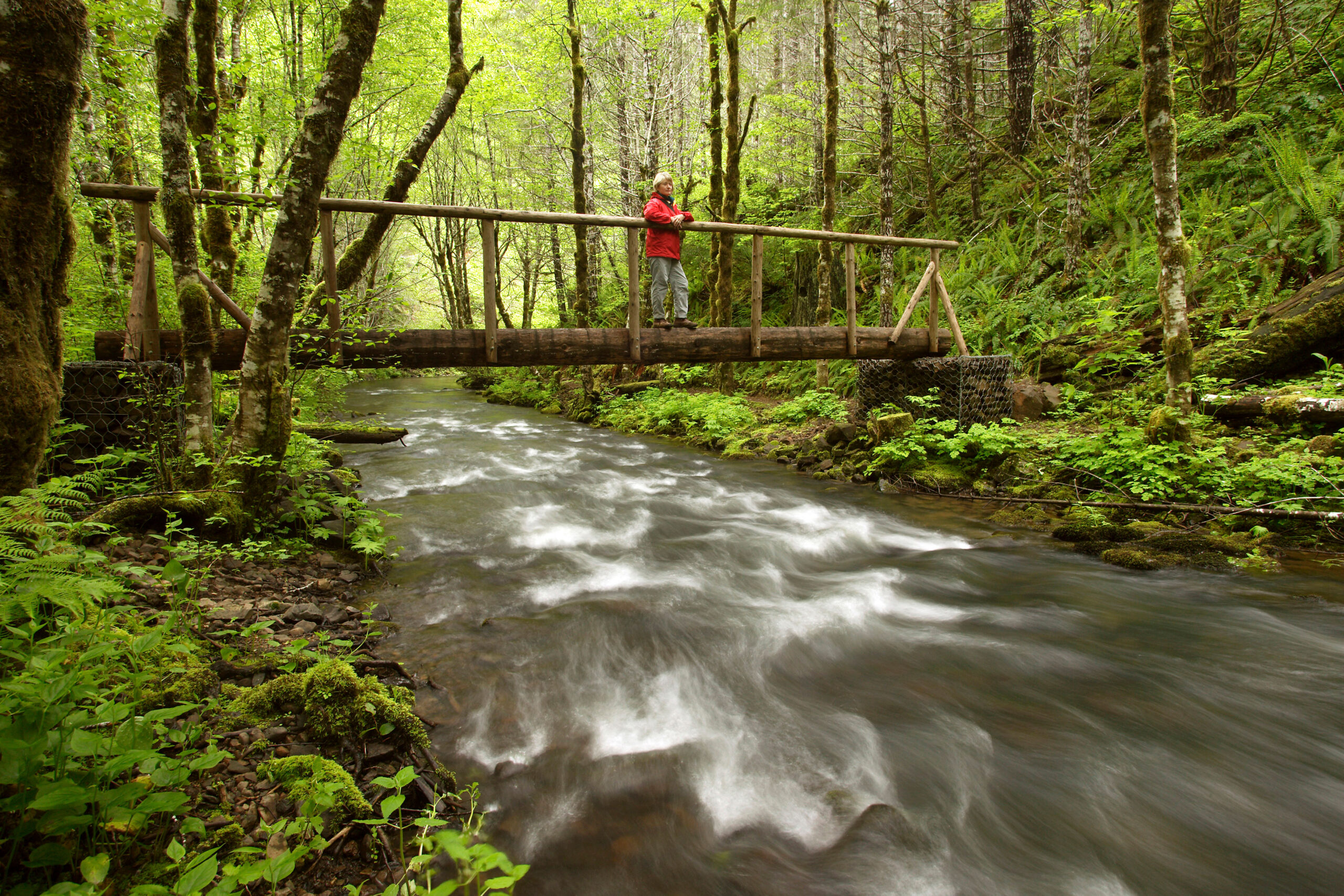
By Bob Rees and Nancy Cook
The Tillamook and Clatsop state forests are a treasure for all of us who live and work here on the North Coast. They provide us with places to hunt and fish, to camp and hike, to off-road and cool off on a hot summer day.
For us, like many families, they are also a source of livelihood. The cool creeks high in the forest rear steelhead and salmon that drive the $90 million North Coast sport fishery. Recreational fishing employs the two of us and 2,000 more people coastwide and it’s a staple of life for so many more up and down the coast.
After all, healthy salmon runs are an important forest product — something we’ve felt more acutely with recent sportfishing closures.
The timber industry relies on this forest and surrounding private lands. And the revenues from those harvests help to fund local governments.
Unfortunately, the timber industry has recently turned our state forests into a pawn in their own play for political power and short-term profits. They’ve used a pile of misinformation to scare North Coasters and drive a wedge between forest users, between rural and urban Oregonians and between schools and salmon.
You’ve likely heard about the habitat conservation plan that the Oregon Department of Forestry is developing for the North Coast state forests and other state lands throughout western Oregon. Crafted with substantial public input, it’s a balanced approach designed to meet the requirements of the federal Endangered Species Act by protecting habitat for fish and wildlife, including endangered species, as well as ensuring reliable timber harvests and clean drinking water for 500,000 Oregonians.
The plan would conserve important wildlife and recreation cherished places like the Nehalem River, Kings Mountain and the Wilson River.
By complying with the Endangered Species Act, the plan ensures a steady supply of logs for local mills for at least 50 years. Critically, it’s about certainty for the industry and local governments, including schools, fire departments and county governments that earn revenue from logging sales on the forests. If we want to avoid the stalemates that stopped logging altogether on federal land, we need this plan in place.
But you wouldn’t have guessed that from the way the timber industry is whipping up communities about potential harvest reductions in the first two years of the
Look closely, however, and timber industry jobs will likely not change much because of this plan. According to state economists, in recent years, mechanization and consolidation in the industry have meant that fluctuations in timber volume up or down don’t affect logging and forest products employment much on the North Coast. The industry supported more North Coast workers under smaller total harvests in the 1990s relative to today.
What will be affected economically by this plan is the $550 million recreation tourism economy on the North Coast — and all to the good. Cleaner water and wider stream buffers means better salmon runs and more fishing; currently, rampant clearcutting means North Coast streams consistently fail to meet minimum cold water standards for juvenile salmon. Older forests that host wildlife and good hiking and biking opportunities will mean more overnight visits.
School districts, county governments and other public entities may see some reductions in revenues. We owe it to them to find more ways to raise revenue for our local governments to augment timber receipts. That will help buffer against long- term risks from fire, market conditions and other drivers that will affect timber revenues. However, the timber industry, including companies based in Portland, railed against a bill in the Oregon Legislature to find additional revenue to diversify funding for rural services. Though it doesn’t serve the industry’s short-term interests, it does serve the communities’ interests and should be reconsidered.
State forests should bring us together — a source of pride for all who work and play there. It’s time to craft a habitat conservation plan that’s based on facts and not fear mongering from Portland-based timber
We need to find solutions to forest policy that work for all of us — and not let narrow interests divide
Bob Rees is a fishing guide and director of Northwest Guides and Anglers Association. Nancy Cook is an educator and proud FisherPoet.
Source: Daily Astorian



